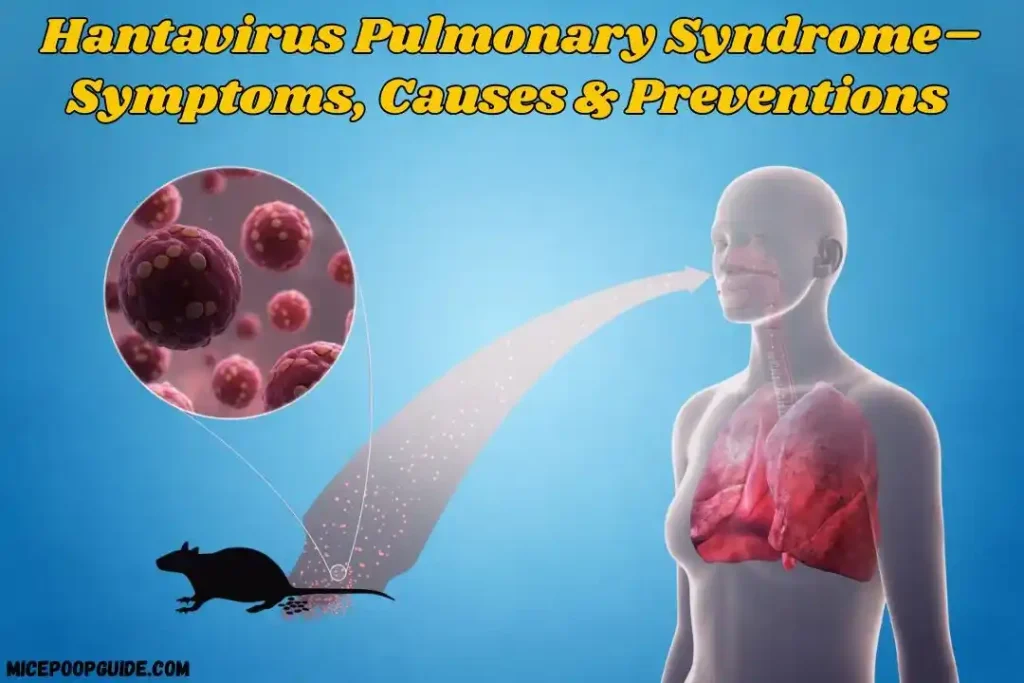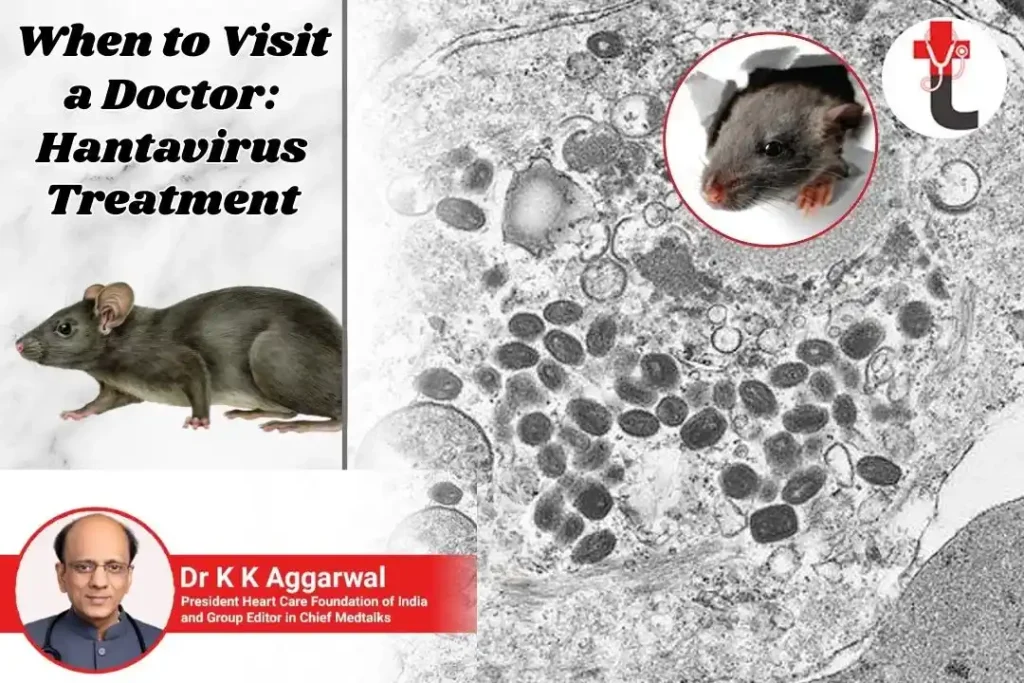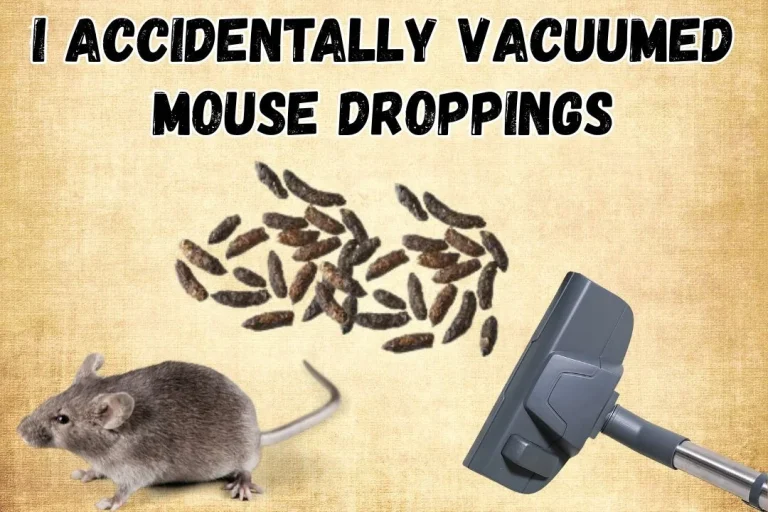Hantavirus Pulmonary Syndrome– Symptoms, Causes & Preventions
Most people don’t know about Hantavirus, its related symptoms, and precautions. If you are one of them and living in North America or Southeast, or Northeast, then you must face hantavirus due to rice and cotton rats, mice, and white footed mice.
Hantavirus Pulmonary Syndrome is a real-time contagious disease that starts with symptoms like the flu, and it progresses into a dangerous disease if you dont take precautions in time. If you dont take any action, then it will further harm the lungs and heart. Hantavirus pulmonary syndrome is also called Hantavirus cardiopulmonary syndrome sometimes.
There are different types of hantavirus, and some types have a serious type of illness called Hantavirus Pulmonary Syndrome. Mostly, people are infected with this virus by breathing. This can happen when rodent urine, poop, or spit dries up and mixes with the air, especially when cleaning places where rodents have been.There is no strong treatment against Hantavirus, so the best way to protect yourself from:

Hantavirus Symptoms
You know what hantavirus takes 2 to 3 weeks to spread infection in your body. Hantavirus pulmonary syndrome passes through two stages. Early signs in 1 to 2 weeks after exposure:
Later symptoms, 4–10 days after the early stage, get infected the lungs and heart, leading to serious disease:
Hantavirus symptoms and signs you know, but a delay in medical treatment can cause a critical life situation. If you feel symptoms like the flu, then consult your doctor immediately. Get emergency treatment if your health worsens and you have trouble breathing.
When to Visit a Doctor: Hantavirus Treatment

Contact for an Appointment
https://www.mayoclinic.org/appointments
Causes of Hantavirus
Inhaling Contaminated Air
This is the most common cause of Hantavirus. When rodent ike wild mice & rats’ urine, droppings, or saliva dries out, they mixes with dust then it becomes infected air. If you breathe in this dust can spread the virus to you or other people.
Direct Contact with Rodents or Their Waste
If you contact with rodent droppings, urine, saliva, or nesting materials of it while cleaning the area, and then you mistakenly touch your mouth, nose, or eyes can cause to add infection in your body. So be aware while dusting or cleaning.
Rodent Bites
Mostly, people get infected with hantavirus rarely, but if bitten by an infected rodent may transmit the virus to you.
Entering Rodent-Infested Areas
Places like sheds, cabins, attics, or garages, especially if they’ve been closed for a long time, can contain hantavirus particles in the air. Those who visit these areas must apply precautions.
Cleaning Without Protection
Dont use a sweeper or vacuum to clean rodent droppings because it can spread the virus into the air. While cleaning you need to must wear a mask and gloves for protect yourself. This may decrease the virus’s entry into your body.
Living or Working Near Rodent Habitats
Staying away from Farms, construction sites, rural homes, or fields where rodents are common can increase the chance of exposure.
These are the main causes of the virus, so if you know all the causes, then you must be aware of these places.
Effect of the virus
Here we know about the effects of Hantavirus:If this virus enters your body, then it first harms your lungs’ tiny fluid vessels, which are called capillaries. Hantavirus causes them to leak fluids, and your lungs fill up with fluids, called pulmonary edema. Also, pressure on the heart. In this way, your lungs and heart are affected badly, and you may be in a critical life situation.
Related Disease
As we know, several diseases are spread by mouse poop, like hantavirus. But here is another disease that is caused by different strains of hantavirus, which is called hemorrhagic fever with renal syndrome, except then pulmonary syndrome. Renal syndrome can cause harm to your kidneys with severe disease. This is also carried by different animals in Europe, Asia, and Africa.
Risky Factors of Hantavirus
In this section, we learn about the main factors where this disease is common. In rural areas of the United States, Hantavirus Pulmonary Syndrome is common. But if there are habitats of rodents may lead to an increase in the disease in this area.
Common places where rodents are found:
These are the activities that cause to increase the risk of exposure to the hantavirus:
Complications of Hantavirus
The treatment of hantavirus is limited, but if you don’t treat it with precautions, then it can turn into a complicated, dangerous illness. Serious situations of Hanatvirus are failure of the heart to deliver oxygen in the blood or the body. The rate of death is higher 30% to 50% because of the Hantavirus due to deer mice.
Preventions from Hantavirus
Prevention is the best solution to hantavirus because there is no vaccine for this virus. That’s why we refer you to the precautions that must be followed.
1. Keep Rodents Out of Your Home
2. Clean Rodent Areas Safely
3. Be Cautious in Risky Places
4. Avoid Contact with Rodents
Rodent Droppings Cleanup Guide
Follow these steps carefully to clean areas where rodents have been:
1. Air Out the Area
2. Wear Protective Gear
3. Prepare a Disinfectant
4. Soak the Droppings
5. Wipe Up Carefully
6. Clean and Disinfect the Surface
7. Wash Hands Thoroughly
Conclusion
Mice are not environmentally friendly, which can cause a dangerous virus through their saliva, poop. If you touch a dead or live rat, or rat bite you then you face a critical illness, whose name is hantavirus pulmonary syndrome. This can firstly attack your lungs and heart, causing difficulty in breathing. Visit a doctor or consider precautions before visiting rodent places. Must save your food, water, and homes.
Our site offers you detailed knowledge about hantavirus, its symptoms, causes, precautions, and cleaning safety. You can read it for information purposes for your safety because it’s too dangerous. Book your appointment if you are facing hantavirus symptoms.



